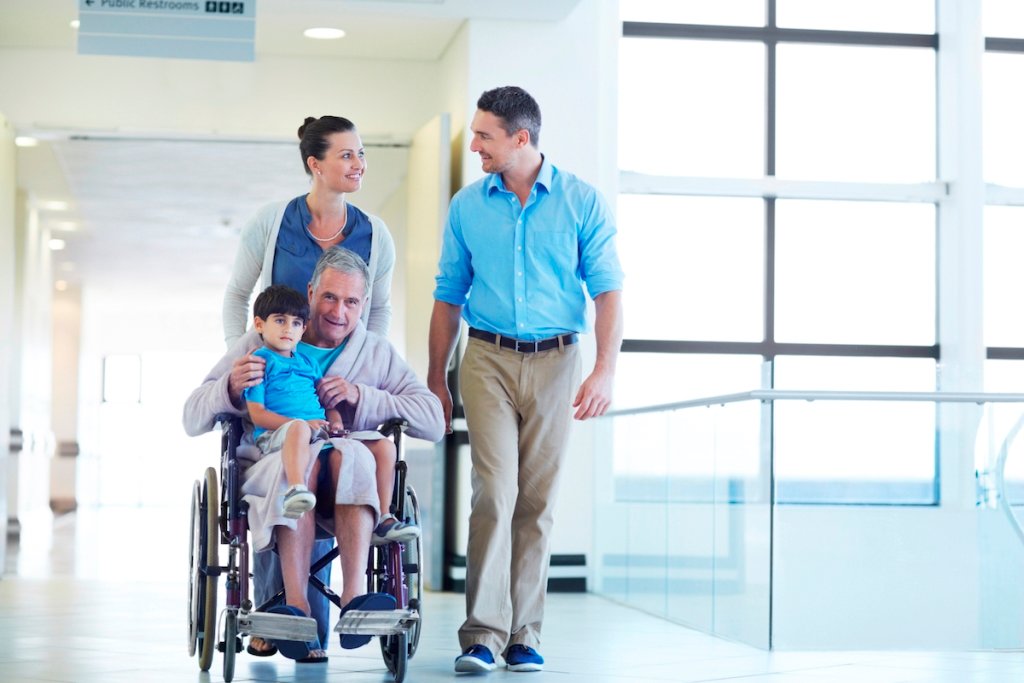
Things To Do If You Suspect Nursing Home Abuse
If you come across signs of nursing home abuse like unresponsiveness, unexplained injuries, obvious signs of poor hygiene, sudden change in weight or any abnormal behaviors, you shouldn’t ignore them. According to the law, the home’s management has to address any concerns you might have about the state of your elderly parent or relative. In fact, the organization must have a written policy about this matter. You and the person involved should inquire about this at the time your loved one chooses a nursing home. It is also advisable that you take time and familiarize yourself with it. Discussed below are some of the things you should do when you suspect nursing home abuse.
Take Note
When you notice any signs of nursing home abuse, the first thing you ought to do is ask the victim about the situation. It is very important to note that some individuals might not be willing to open up about the matter and so you need to be tactical when approaching them. In some cases, it might be due to fear of further advances from the abuser, and in others, it is due to misplaced sense of loyalty.

It could also be because the victim doesn’t want to be seen as the complainer, or the idea to just keep silent and accept what happens to them. If you visit your loved one during visiting hours and a staff refuses to allow you, delays it or refuses to leave you alone with the resident in the room, the first thing you should do is discuss the matter with the facility supervisor or manager. Even if it isn’t possible at that moment, make sure you leave a note and follow it up later.
Be Calm
Unless there is imminent danger to your loved one’s life, you should first confront the nursing home’s administration. It is important to note that although you are not yet taking legal action, the innocent until proven guilty presumption still applies. As much as it will be an emotional matter, it is important that you address the supervisor or manager in a calm and professional manner. Let them offer explanations or investigations into your concerns.
If you find the explanation unsatisfactory or your loved one’s condition worsens or fails to improve, the next step should be contacting the relevant state agency and file a complaint. Each state in the US has an Adult Protective Services department which is tasked with handling such cases. If possible, you should also get in touch with a nursing home abuse lawyer to discuss the whole situation and what legal actions you should take.

In a nutshell, these are the steps that you should take if you find yourself in this situation;
- Ensure safety; call 911 if necessary or move your loved one from the facility.
- Talk to your loved one
- Talk to a nursing home administrator
- Know the rights of your loved ones. These include privacy, dignity and respect, safety, the freedom to choose their schedule, informed of fees and services, manage their own money and live in a home-like environment.
- File a complaint with the relevant state agency
- Write down everything and keep documents safely such as injury reports
- Take corrective measures; request the home to improve their services
- Talk to a nursing home abuse lawyer




